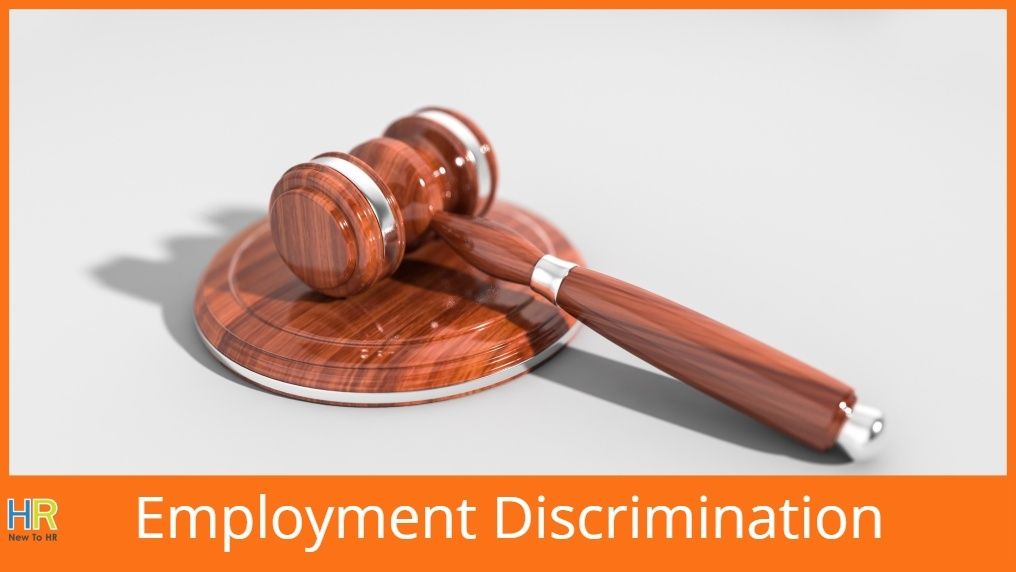
Know Your Rights Regarding Employment, Discrimination, and Actions You Can Take
Do you know your rights as an employee? If not, you could unwittingly become the victim of employment discrimination at work or suffer from having your rights violated. These can have negative effects on the progress of your career and your source of income. Here’s an overview of employee rights and available legal actions against violations.
Employee Rights In The US
Federal and state laws comprehensively describe the rights to which employees are entitled. These include:
The right to privacy regarding your personal belongings, including personal mail. Privacy rights become limited, however, in relation to email and internet use through your employer’s computer system. (For safety’s sake, keep your personal business off of your work systems.)
The right to a safe workplace free from dangerous conditions and potential safety hazards. You also have the right to receive training in the proper use of equipment and materials, as well as protection from threats or incidents of violence.
The right to fair pay regardless of your age, gender, marital status, race, religion or national origin. Employees must be paid AT LEAST the minimum wage and when state and federal minimum wages differ, employees must receive the higher of the two.
Furthermore, you have the right to freedom from harassment and freedom from retaliation when you lodge a complaint or file a claim against your employer. Employees also have the right to freely choose whether or not to engage in collective activity, such as joining a union.
Another basic right which employees have is freedom from discrimination.
Employment Discrimination
This deals with the unfair or unfavorable treatment of an employee or job seeker based on their age, gender, marital status, race, religion or national origin. Other factors which often lead to unfair discrimination against employees include: disabilities, genetic information, pregnancy and parenthood.
It is also possible for you to be discriminated against because of your relationship to another person. Harassment, in any form, is considered to be a type of discrimination.
Actions You Can Take
If you feel your rights as an employee are being violated or that you’re a victim of discrimination, there are several avenues you can pursue to correct the situation or receive some kind of compensation. A usually effective first step is discussing it in a non-confrontational way with your manager.
If this fails to produce a favorable result, then you should consider making contact with the relevant government agencies within your state for their take on the matter. You can also file a complaint with the National Labor Relations Board or the U.S. Department of Labor. Another helpful option is speaking with an employment attorney to get professional advice on the best way to proceed.
Whichever course of action you take, it is best if you have documented evidence of the violation, discrimination or harassment. Pay stubs can help you prove that you are not being paid a fair wage or being duly compensated for overtime. When harassment takes place, write down the date, time and any witnesses, as well as a description of what took place.
Whether you are a wage earner, job applicant or retiree, it’s vital that you know your rights and the actions you can take to ensure you are fairly treated!
© New To HR


